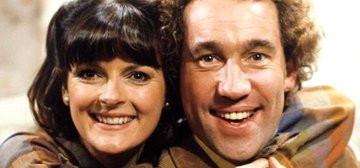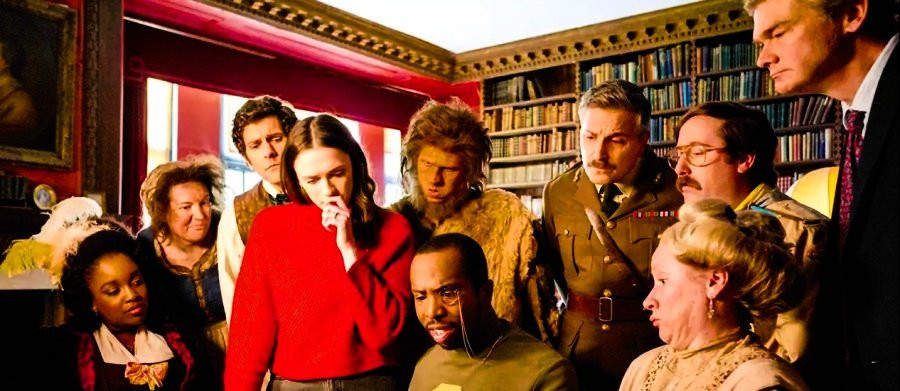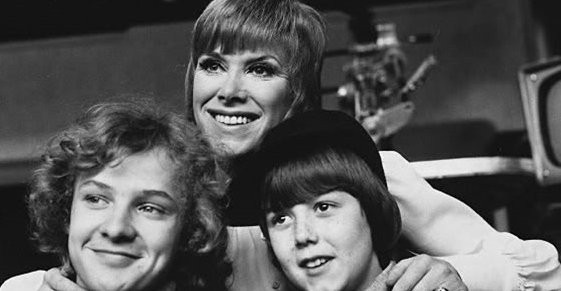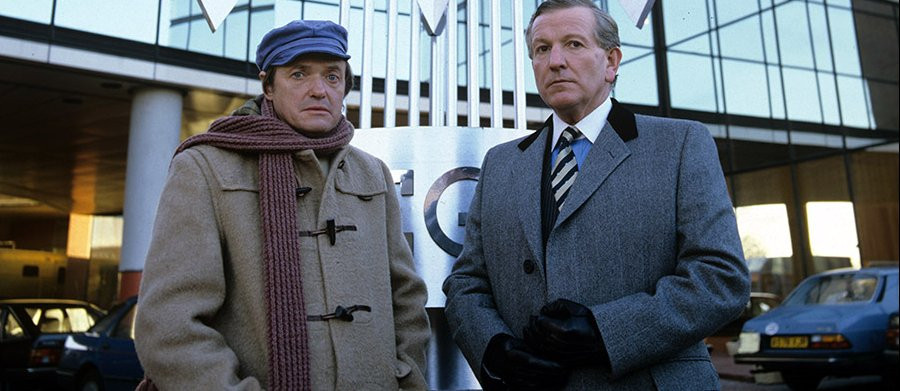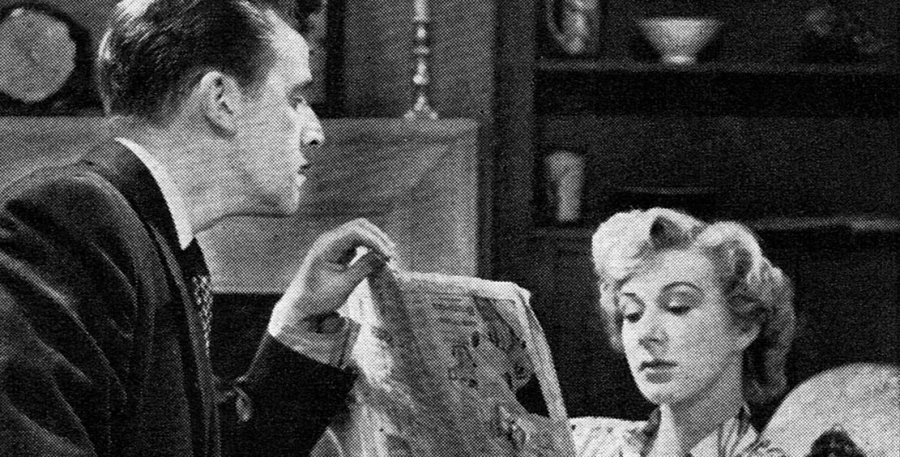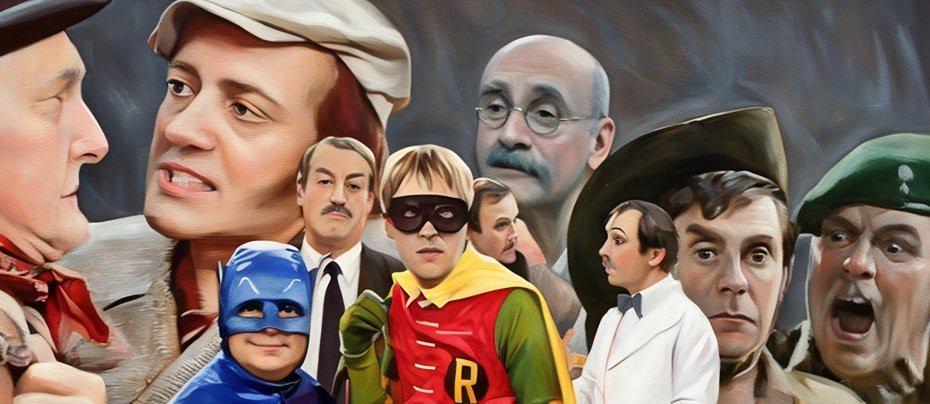
Where Are the Sitcoms?
Article by Brian Slade
Much has been said by people far more informed than me that nowadays, good comedy is hard to find, most citing the fear of offence as the principal reason. Most of the time, I’ve tended to pay it little more than the few minutes it’s taken to read the comments, as things like Friday Night Dinner, Gavin & Stacey and After Life have given me plenty of laughs in the modern era. But two things have tweaked my interest more recently to make me wonder – where have all the sitcoms gone?
To those of us of a certain age, the emergence of That’s TV channel has been a joy. Vintage shows that have been banished from the mainstream, like It Ain’t Half Hot Mum, Little Britain and In Sickness and in Health share the screen with classics like Steptoe and Son, Some Mothers Do ‘Ave ‘Em and The Likely Lads. Of course, they come with the obligatory warning about the comedy reflecting society at the time – rather absurd for It Ain’t Half Hot Mum, given it was set in post-war India. However, over on Britbox a show that was hounded off screens for being too tame and suburban now has to carry its own warning – Terry and June.
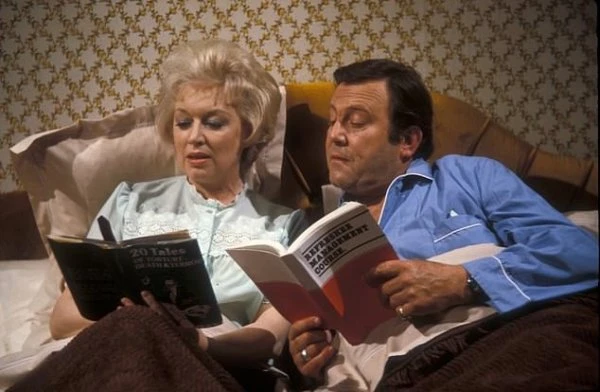
Terry and June, as most people over 50 will know, saw Terry Scott and June Whitfield as a married couple dealing with the most basic of challenges in their cosy life – Terry trying to keep on the right side of his boss, June gently carrying the real power in the house, despite seemingly being a meek and submissive housewife. Alternative comedy was bursting on the scene in the 1980s and it was an awkward co-existence as Terry and June was exactly the kind of show that was seen to be too safe and comfortable. It ended in 1987, slipping off quietly into sitcom history. To now be considered offensive would have been unthinkable to those who axed it, but even those shows that mocked it are now considered inappropriate.
The second thing that irked me recently is the list of nominees in the National Television Awards in the 2024 autumn roll call for the Best Comedy category. Amazingly, comedy is crammed into one category, while drama shows get to spread themselves across New Drama, Returning Drama and Serial Drama, along with Drama Performance and Serial Drama Performance. No such individual categories for comedy performers either.
Comedy carries no differentiation. Presumably any sketch show would be lumped in with the sitcoms rather than given their own category…but then a look at the nominees perhaps tells us why comedy is relegated to almost an afterthought at the NTAs. Nominees for Comedy were Brassic, The Gentlemen, Ghosts, Mrs Brown’s Boys and Not Going Out. Two of those could be stretched into being comedy-drama, and it’s notable that ITV have nothing within the nominees. I have no issue with any of the shows, but it’s a sparse list at best.
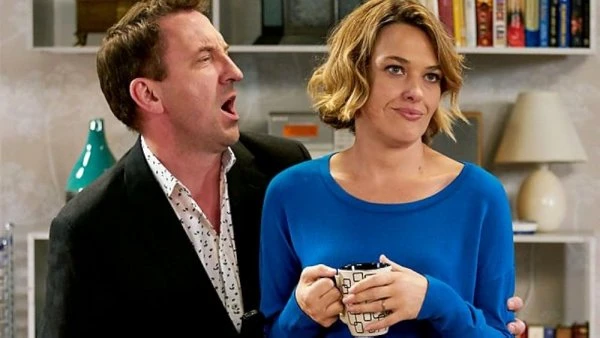
The winner for the category was Mrs Brown’s Boys. Two things to note here. One is that the show only gets two festive specials each year, but seemingly less than two hours is enough to win. The other is that Mrs Brown’s Boys is largely rounded upon by critics each time a new episode airs. As a fan of the early years, and with Irish family roots that allow me to see the reality in the situation, I do feel that later episodes are rather predictable. However, having accidentally caught the last five minutes of Eastenders before the Christmas 2023 episode, I would rather watch Mrs Brown’s Boys with my eyes prized open a la Clockwork Orange than be ‘entertained’ with a gaggle of angry women discussing how to deal with a man one of them has just stabbed to death in the Queen Vic on Christmas Day!
I’m left wondering, if there are so few comedies that the genre is almost ignored at the NTA, where have all the sitcoms gone? Could the likes of John Cleese be right? Are writers, or perhaps corporate decision-makers so scared of offence that they just don’t think it’s worth the risk? Or, God forbid, have we just lost the ability to laugh?
My challenge to those in a position to restore comedy to our screens would best be accompanied by a visit to E4. Anybody who can access E4 will know that for almost all of its airtime, it is effectively The Big Bang Theory channel, with a few hours spared for some ghastly reality tv people to cringe and sneer at. Of all of the modern American comedy imports, The Big Bang Theory manages to bypass any offence fears beyond the standard mauling in the editing room that shows get to have them deemed suitable for daytime viewing. But given the Terry and June warnings, does The Big Bang Theory really stand up to closer inspection?
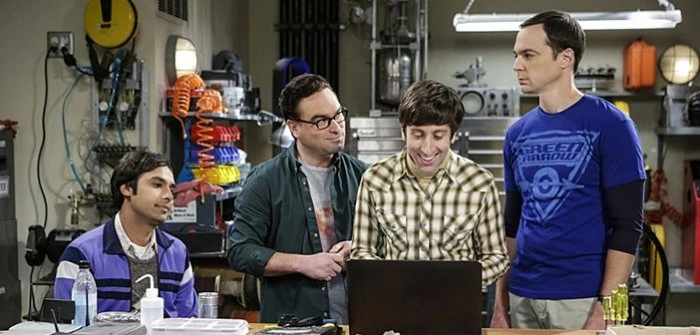
From the outset, The Big Bang Theory was simply a sitcom about the lives of four geeky science-focussed young men after a naïve blonde waitress/actress, Penny, moves in across the hallway in the apartment building which two of the men, Leonard and Sheldon, share. As the series progresses, other ladies are added to the ensemble. Nothing to get too hot under the collar about. Greater scrutiny could be argued to find no fewer issues to cause offence than those comedies banished to nostalgia channels with their accompanying warnings.
Stereotyping is one criticism of many shows these days. Apu from The Simpsons is a character largely rounded upon for stereotyping as an Indian running a corner shop. The Big Bang Theory, while championing awkward Indian Raj, allows plenty of stereotyping, with constant references to offshore call centres, over-population and Indian impersonations from best friend Howard.
Howard himself was initially a creepy womaniser who actually wouldn’t have known what to do if he could ever find a lady interested in him. Even in the edited daytime versions, nobody seems too bothered that Howard attaches videos to drones and remote-controlled cars to spy on women and to upskirt the young actress across the hall.
The questionable behaviour isn’t limited to the gentlemen of the show. Leonard’s mother happily gets drunk and announces that she plans to molest a bus boy by cupping his backside with her business card in his jeans pocket, and once home she kisses a bemused Sheldon for no good reason in an unauthorised manner that would go down badly were the genders reversed. And on a number of occasions, Penny returns to Leonard’s apartment drunk and demanding sex.
In Taxi, one of the greatest American sitcom characters every created, Louie de Palma refuses union demands for cabs with brakes and better working conditions unless union shop steward Elaine agrees to go on a date with him, something which she finds repugnant…but she concedes to do so for the collective good. Fast forward to Leonard in The Big Bang Theory, when a wealthy potential donor to the University commits to making a donation but picks off Leonard at a fundraiser and demands sexual favours in return for the money – taking one for the team is how it is laughed off. Two near identical scenarios, but the Taxi instance is unlikely to be deemed acceptable for a modern audience.
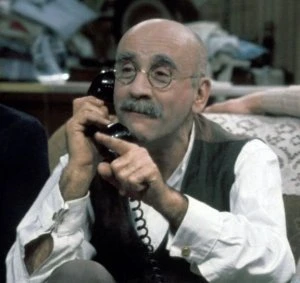
Now reading all this probably makes it seem that I’ve got it in for The Big Bang Theory. I haven’t – it’s a comparatively harmless show that clearly still strikes a chord with generations born long after Alf Garnett has left our screens. I am simply using the show as evidence that the fear of offence through comedy is unjustified as everything can be deemed offensive if you look closely enough for something to be offended by. How many times in the American version of The Office do we hear ‘that’s what she said’ after an innuendo no less frisky than a Carry On… line? Michael Scott’s attempts to not be racist, sexist or bigoted are no less awkward than Alf Garnett, and as with Alf we are laughing at him, not agreeing with his clumsy comments on contentious subjects.
Is the fear of offence why there are almost no sitcoms of note on our screens? Is it the programme-makers or the writers? Or have we run out of laughter? People question the quality of the returning Frasier on Paramount, and have a huge concern about the potential return of Basil Fawlty if John Cleese’s plans come to fruition. I say, bring it on. Diluted comedy, in a world where stabbings and murders are standard fare pre-watershed in ‘recurring dramas’ without any fear of reprisals, is to be welcomed and is perhaps the only route to getting laughter back on the box.
Published on December 11th, 2024. Written by Brian Slade for Television Heaven.




